TUNIS: Hardline Islamists, who have been running rampage in Tunisian towns, torching police stations and attacking bars, have sparked an outcry against the authorities for their lax attitude in stemming the violence.
The ultra-conservative Salafists, some armed with clubs and swords, have been intensifying their attacks in the last 10 days, even burning down shops of alcohol vendors who refuse to close.
On Sunday, the interior ministry said it had arrested about 15 people who torched police stations and attacked bars in the northwestern towns of Jendouba and Ghardimaou a day ago.
The TAP news agency said national army units had been deployed after the violence to protect public buildings.
“The law will be applied. These incidents are dangerous and will be dealt with in the appropriate manner,” secretary of state for the interior Said Mechichi told TAP.
Last week Tunisia's Justice Minister Noureddine Bhiri threatened to punish those who use violence to impose their views on others after Salafists forced a number of bars to close.
But the violence has sparked criticism against the Islamist authorities elected after the revolution that toppled president Zine El Abidine Ben Ali, with complaints they have done too little to stop the Salafists.
“Will the government be disarmed by the Salafists?” asked Le Temps, pointing to the “yawning gap between the speeches and the actions”.
Another newspaper, La Presse, headlined its Sunday edition “the state challenged”, referring to the “laxness of the authorities”.
More moderate Tunisians have also voiced deep concern over the rising power of the Salafists.
“Violent groups which are outside the law propagate terror,” said the head of the Tunisian League of Human Rights, Abdessatar Ben Moussa. They “physically and morally attack women, intellectuals, journalists, designers, unionists, politicians as well as human rights activists,” he said.
Tourism Minister Elies Fakhfakh meanwhile warned last week of the “wrong and aggressive image” generated by the Salafists.
Salafism as an organised political movement emerged in Tunisia in the late 1980s.
But with just over 10,000 followers, the Islamists remain a minority in the north African state of over 10 million inhabitants. Only a few thousand showed up for their annual meeting last Sunday.
However, their ability to wreak havoc, as well as the jihadist past of some of their leaders, are sources of concern.
Among them is Seif Allah Ben Hassine, who fought in Afghanistan and was in 2002 added to a UN list of people linked to Al Qaeda.
Sentenced to over 60 years in prison by the Ben Ali regime, the man who also goes by the alias Abu Yiadh has benefited from amnesty after the revolution that toppled the former president.—AFP



















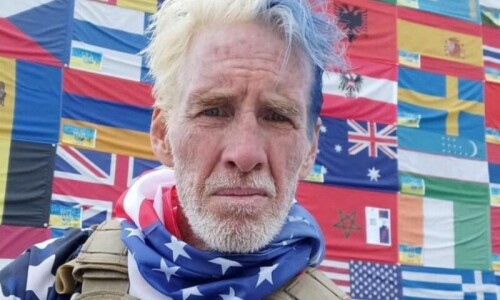


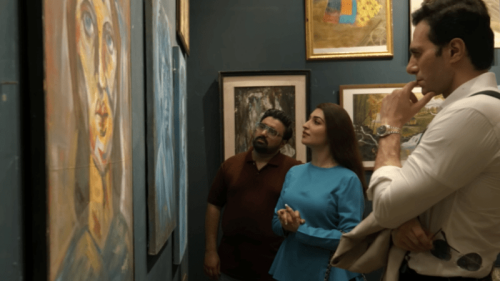











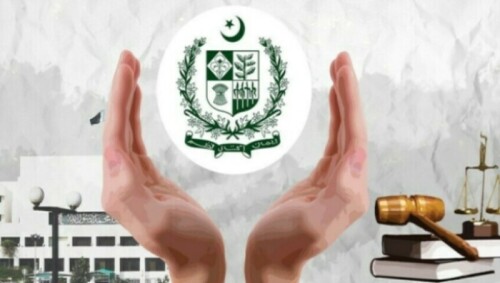
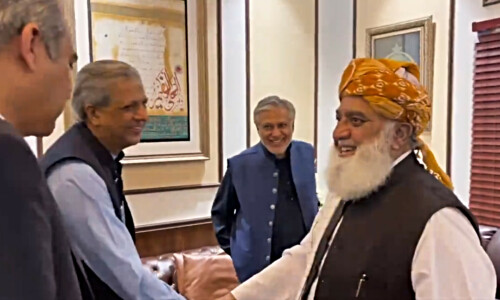


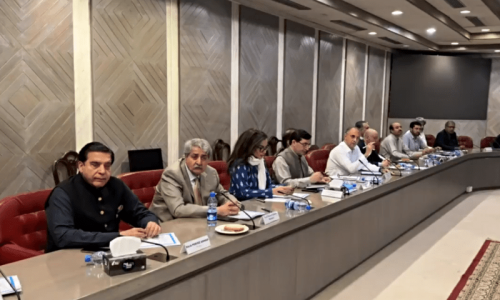

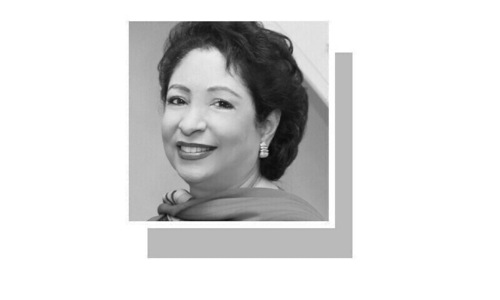






Dear visitor, the comments section is undergoing an overhaul and will return soon.